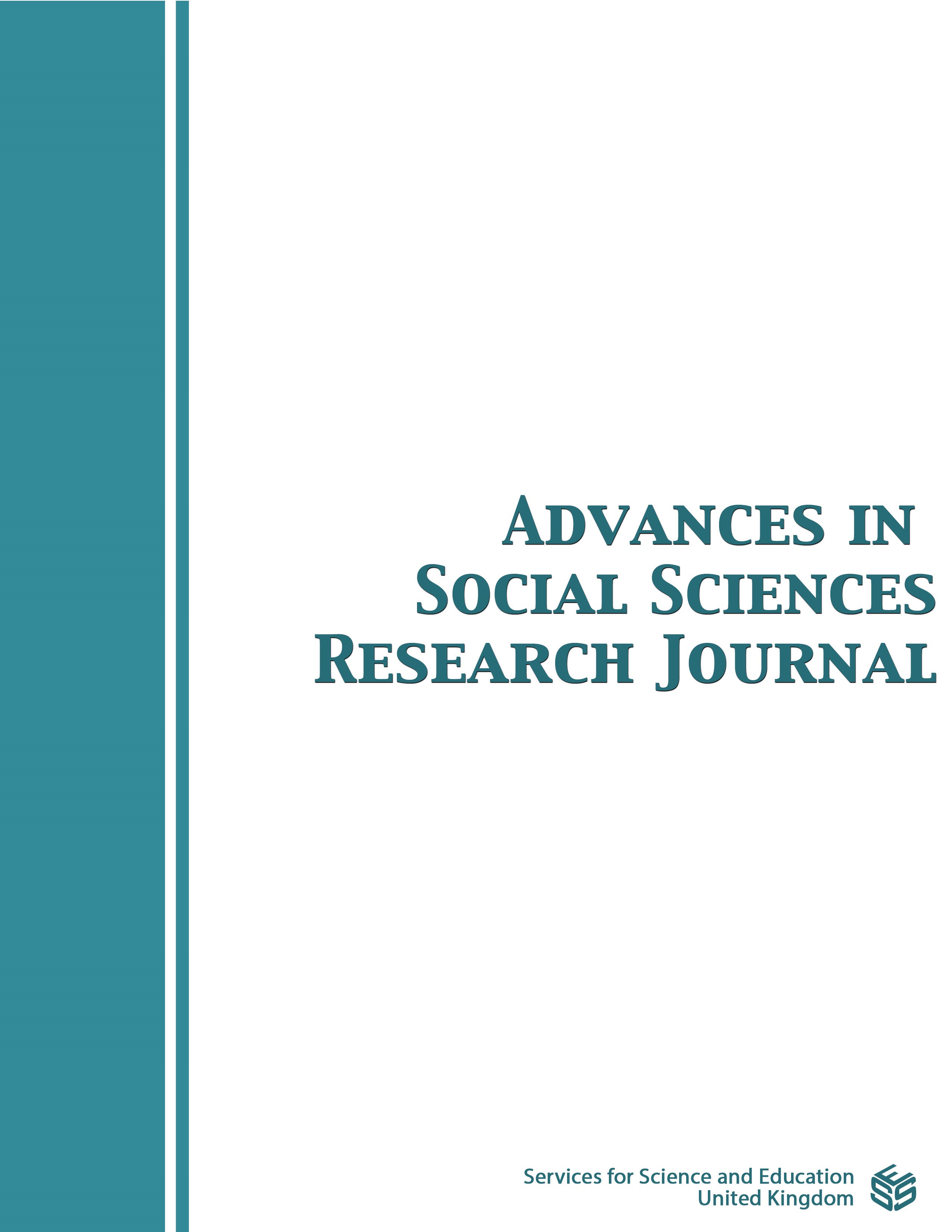Evaluating the Effectiveness of Case Management of Vulnerable Children at Household Level in Delta State, Nigeria
DOI:
https://doi.org/10.14738/assrj.1203.18417Keywords:
Orphans, Vulnerable Children (OVC), HIV/AIDS, Case Management, Caregivers, Community, Organizations, Health, GovernmentAbstract
Poverty, war, HIV/AIDS, traffic accidents, infectious and non-communicable diseases, and detrimental cultural customs are the main causes of orphaning and vulnerability. Therefore, the case management approach has been adopted as a community service delivery technique to address the needs of vulnerable children and orphans at the family level. This study assessed the case management approach's efficacy in delivering household-level services to vulnerable children, orphans, and their caregivers in Delta State, Nigeria. An explanatory case study design using a mixed method of both quantitative and qualitative study were used to analyze descriptive variables and indicators that evaluates the outcomes of services provided to vulnerable children and their caregivers using the case management model. Data from quantitative surveys from vulnerable children national service provision tools were analyzed to obtain the outcome of services received from Orphans and Vulnerable Children and their Caregivers. Conversely, a semi-structured qualitative questionnaire was administered to key stakeholders of orphans and vulnerable children programs including CBOs/NGOs, Government Officials, Case Managers and relevant agencies. A total of 49,141 beneficiaries residing in some13,445 families were served across all four OVC domains–Healthy; Safe; Schooled and Stable — this exploratory analysis can rightfully argue that the case management strategy has demonstrated immense power to shape how services provided through VC programs are delivered. After being enrolled, services were provided to the households and a significant number of them moved from vulnerability to self-resilience. Findings also show appreciable levels of coordination both between government stakeholders and implementing partners within the geographical areas to strengthen systems for the provision of services needed by VCs and their caregivers. On the other hand, the results showed that vulnerable children (VC) officials from the state and local governments were not adequately working together, which hindered their ability to oversee VC initiatives. The overall results showed that case management of vulnerable children and their caregivers is an effective strategy for providing need based appropriate services to vulnerable groups and adequate synergy among critical stakeholders with increased funding is key to program sustainability as shown by this study.
Downloads
Published
How to Cite
Issue
Section
License
Copyright (c) 2025 Ezekiel, Prince Olueseh, Peekate, Lekiah Pedro

This work is licensed under a Creative Commons Attribution 4.0 International License.
Authors wishing to include figures, tables, or text passages that have already been published elsewhere are required to obtain permission from the copyright owner(s) for both the print and online format and to include evidence that such permission has been granted when submitting their papers. Any material received without such evidence will be assumed to originate from the authors.






